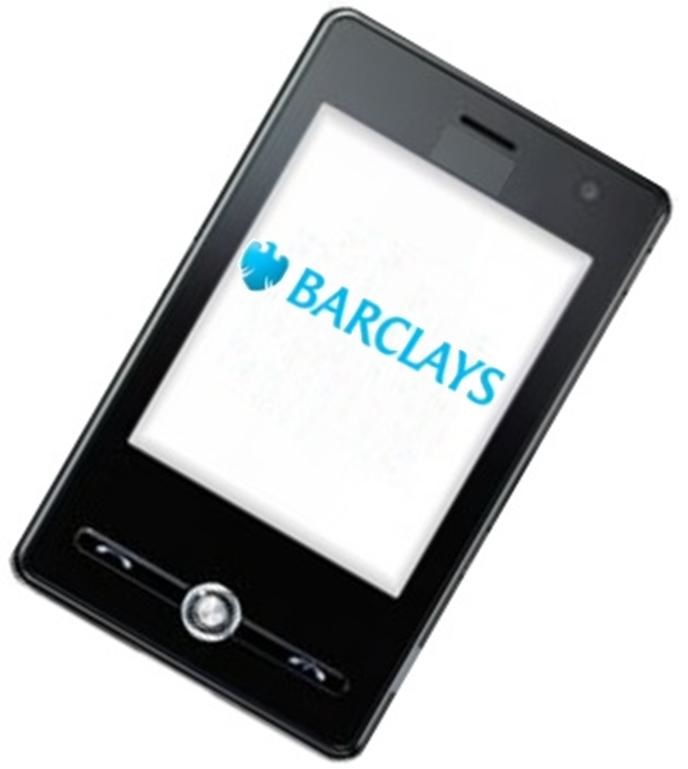Barclays launches Pingit service in India to take advantage of the remittance market
Prestigious British creditor Barclays is launching a new mobile payment service between the United Kingdom and India. The financial organization sees promise in the mobile commerce space and has found some degree of success with its mobile payment services in the UK recently. India is currently the largest remittance market for the United Kingdom, with some $3 billion in payment volume reported in 2013. Barclays is working to make its Pingit service available in India in order to take advantage of the activity in the remittance market.
UK consumers show favor for the Pingit service and its ability to facilitate mobile payments
Pingit has been available in the UK for some time. The service allows consumers to spend money in a quick and efficient way using their smartphones. The service will have a similar function in India, and those using the service will be able to use nothing more than their phone numbers to transfer funds between the two countries. The benefit of the service is that neither those sending or receiving funds need to be a Barclays customer.
Mobile commerce continues to gain ground in India and the United Kingdom
 Mobile commerce is becoming a powerful force in both the UK and India. Smartphone penetration in both countries is on the rise and more consumers are looking to take advantage of new services that cater specifically to a mobile audience. The demand for mobile payments services is on the rise and large companies like Barclays are looking to accommodate this demand.
Mobile commerce is becoming a powerful force in both the UK and India. Smartphone penetration in both countries is on the rise and more consumers are looking to take advantage of new services that cater specifically to a mobile audience. The demand for mobile payments services is on the rise and large companies like Barclays are looking to accommodate this demand.
Maximum payment that can be processed through the Pingit service is $2,000
According to Barclays, the minimum transaction that can be made for its Pingit service is $30. The maximum transaction is nearly $2,000. Mobile payments made through the service can take as long as 48 hours to process. After the payment is processed, those receiving funds will be able to use their money in any way they see fit. Pingit is currently one of the most popular mobile commerce services in the United Kingdom.
Square has announced its acquisition of Caviar for an estimated $90 million
Mobile payments firm Square has announced its acquisition of San Francisco-based Caviar for a speculated sum of $90 million. Caviar is a food deliver serviced focused on servicing high-end restaurants. Those using the service can have gourmet meals delivered to their homes or office, and Square believes that such a service is ideal for its mobile payments platform. As mobile commerce grows more prominent, consumers are becoming especially interested in purchasing services from their smartphones and tablets.
Square has managed to find success in the mobile commerce field where many others have failed
Square was launched in 2009 and has since become one of the largest payment firms in North America. Over the past year, the company has been launching new services to better accommodate a growing mobile consumer base and has begun entering into new markets in Japan and elsewhere. As Square continues to grow, it is seeking ways it can diversify the value of its services and products. The company has found success in the food service industry, where its Square Order app has seen a great deal of use among consumers.
Caviar finds the majority of its revenue comes from group orders
 Caviar may be a company that caters to a relatively small niche, but it has become somewhat popular in large cities. The service charges a $9.99 deliver fee, the entirety of which goes to its delivery staff. Caviar also charges an 18% gratuity on every order. These fees make Caviar an expensive service, but the majority of its revenue comes from group orders and the service allows multiple people to add to an order using a shared link.
Caviar may be a company that caters to a relatively small niche, but it has become somewhat popular in large cities. The service charges a $9.99 deliver fee, the entirety of which goes to its delivery staff. Caviar also charges an 18% gratuity on every order. These fees make Caviar an expensive service, but the majority of its revenue comes from group orders and the service allows multiple people to add to an order using a shared link.
Caviar may soon make use of mobile payments technology from Square
Square may soon equipped Caviar with the ability to accept mobile payments more effectively. The company may begin using Square’s payment technology in the near future and delivery staff may be able to accept payments from physical mobile devices for those that do not want to spend money online. Time will tell if Square will find success with its latest venture.
 Mobile commerce is becoming a powerful force in both the UK and India. Smartphone penetration in both countries is on the rise and more consumers are looking to take advantage of new services that cater specifically to a mobile audience. The demand for mobile payments services is on the rise and large companies like Barclays are looking to accommodate this demand.
Mobile commerce is becoming a powerful force in both the UK and India. Smartphone penetration in both countries is on the rise and more consumers are looking to take advantage of new services that cater specifically to a mobile audience. The demand for mobile payments services is on the rise and large companies like Barclays are looking to accommodate this demand.
 Caviar may be a company that caters to a relatively small niche, but it has become somewhat popular in large cities. The service charges a $9.99 deliver fee, the entirety of which goes to its delivery staff. Caviar also charges an 18% gratuity on every order. These fees make Caviar an expensive service, but the majority of its revenue comes from group orders and the service allows multiple people to add to an order using a shared link.
Caviar may be a company that caters to a relatively small niche, but it has become somewhat popular in large cities. The service charges a $9.99 deliver fee, the entirety of which goes to its delivery staff. Caviar also charges an 18% gratuity on every order. These fees make Caviar an expensive service, but the majority of its revenue comes from group orders and the service allows multiple people to add to an order using a shared link.